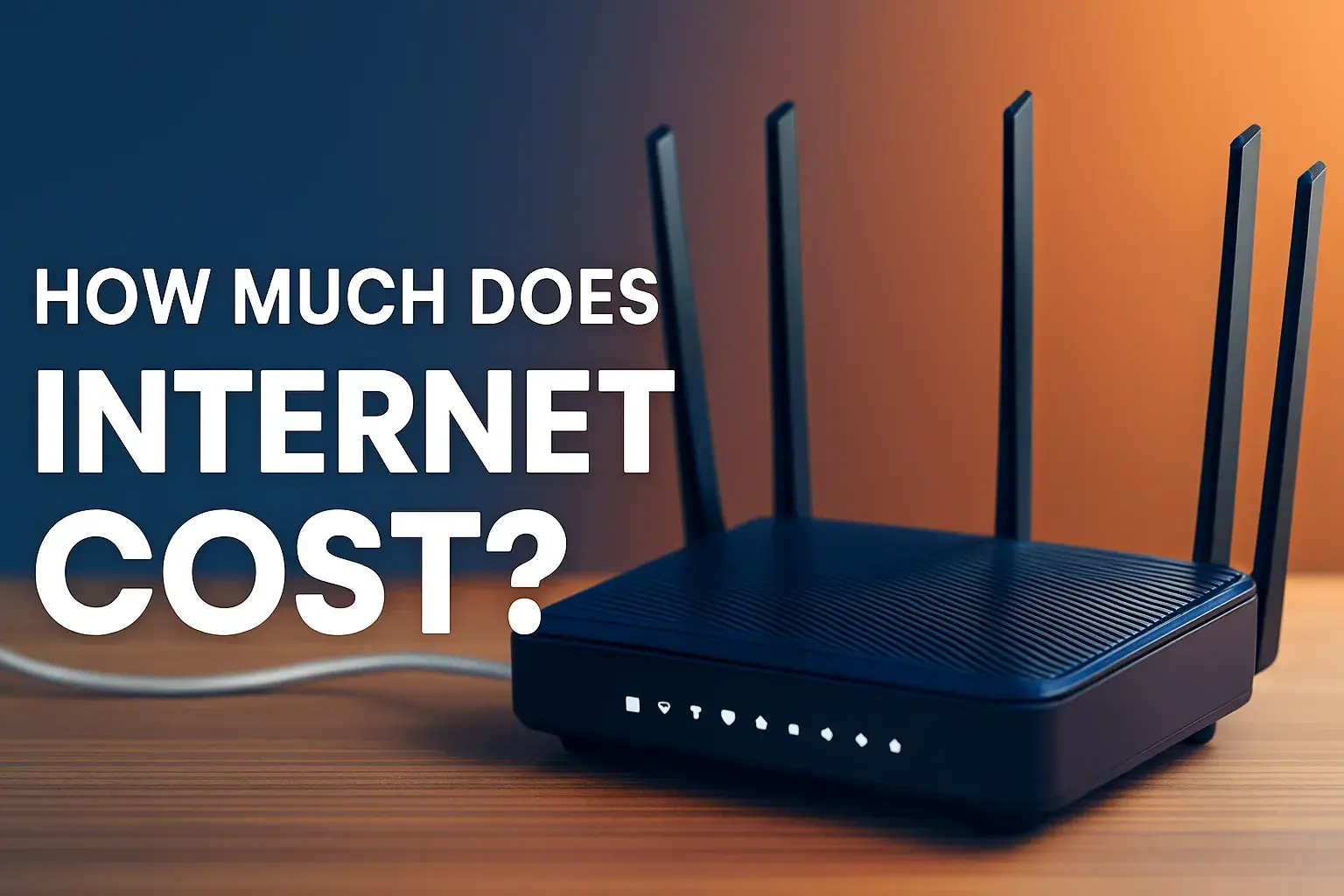Why am I blacklisted?

As much as being blacklisted may be infuriating and bewildering. This means that you cannot open a bank account, get approvals for loans, or even rent an apartment or secure a job if on the list. But what does it mean to be blacklisted and why did it happen to you What does it imply that you have been blacklisted Here are some points you need to know.
What is a blacklist?
A black list is a list of people with certain negative characteristics or marks, people who are considered to be “high risk” in one or another way. There are a few main types of blacklists.
- Credit black lists – These show people with bad credit records, delayed payments, missed payments, etc Credit reference agencies compile them and make them available to the lenders.
- Credit scores - These are used by landlords and property managers to lock out certain perceived ‘problematic’ tenants from renting their properties based on their credit reports.
- Employment blacklists – Companies make lists of those who they fired or who resigned and do not re-employ them again. Certain industries also have these informal blacklists for other companies as well.
- Avoided persons list - Banks and agencies keep various lists of people who are suspected of engaging in fraud, scams, etc. so that the agency/bank does not transact business with them again.
In short, therefore, blacklists enable businesses to conduct scrutiny and rejection of higher-risk services from individuals with past problems.
Why Was I Blacklisted?
There are a few common reasons why you may have ended up on a blacklist unwillingly.
1. Misidentification - This is where due to confusion between records, you may find yourself blacklisted for somebody else’s misconduct. And this happens very often, believe it or not.
2. Paper record transcription mistakes – Data entry mistakes while keying information from paper records into computer systems can lead to your identity being linked to wrong information.
3. Account Problems – If you were ever signed as an authorized user for a convenient card of the spouse, relative, or any other family member, their subsequent payment problems are likely to be reported on your credit file.
4. These fraud issues – In an ironic twist, the victim could be barred until certain types of identity theft and fraud are resolved.
5. Legal matters – A tenant may be blacklisted due to outstanding lawsuits with past landlords regarding property damages, unpaid rents, among others.
In essence, blacklisting leads to many avoidable mistakes, and hence you may have been put on a list due to one or several mitigating circumstances.
How to remove yourself from the blacklist?
Getting formally removed from blacklists can be challenging, but here are some tips.
- Obtain copies of all the credit reports and determine which list(s) you belong to. Always do away with any errors by challenging the same with evidence.
- If your Identity was used in the commission of fraud, request a fraud victim statement. Display the police reports of fraudsters who have defrauded you.
- Special cases, such as hospitalization, offer evidence that an individual has been hospitalized and this prevented him/her from paying rent on time.
- Inquire about the agencies’ blacklisting appeal and forgiveness procedures. Some may overturn decisions.
- It is advisable to engage in informal communication with the source company with the intent to clarify any perceived problems or risks.
- Ensure that you keep perfect accounts over some time to justify your responsibility. Keep an eye on your credit reports.
- If you were blacklisted unfairly, think about legal requirements that can be met. Seek reputable legal counsel.
- If this is the case, you may have to modify applications to compensate until the problem is corrected.
A blacklisting status has the potential to cause lots of complications in your life until the status is resolved. With some doggedness and hard work nonetheless, most blacklist cases can in the long run be cleared or simply time out. Do not be shy when requesting legal units to produce supporting documentation for written appeals and when asking agencies for evidence for their decisions, and correcting any inaccuracies.
Upgrade to faster, more reliable AT&T Fiber Internet today! Call us at +1 844-905-5002 and get connected with speeds that keep you ahead.





